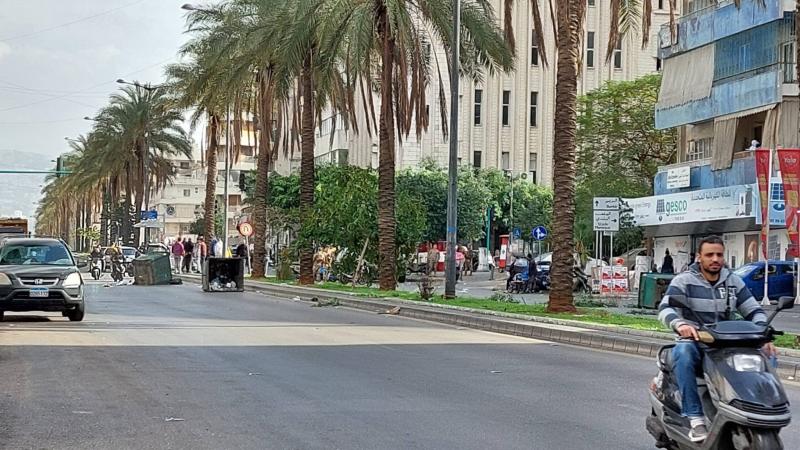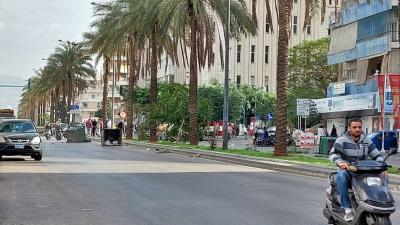Lebanon has reached a pivotal stage, where diplomatic activity is accelerating behind the scenes in search of a new settlement. International powers interested in Lebanon insist on the necessity of electing a president and forming a government that deviates from the known and customary context, seeking new figures. Diplomatic sources base their viewpoint on the issue of not extending the term of General Security Director Major General Abbas Ibrahim, suggesting that this should also apply to the Governor of the Central Bank of Lebanon, Riad Salameh, among others. This is politically applicable to all figures who should not be returned to their positions, with a push for the election of a president and the selection of a prime minister who are not involved in previous political deals and settlements.
Under this premise, Lebanon faces two trajectories: achieving a settlement within a few weeks, specifically before Salameh's term ends in July, or allowing the collapse to extend and broaden, bringing the country to the brink of social explosion following financial explosions. Concerns remain regarding potential security or military tensions amid rising sectarian and confessional sentiments, which continue to obstruct public services and the election of a president.
Internationally, there is a clear vision for Lebanon concerning the reconstitution of power using new mechanisms and figures, in addition to establishing a clear work program to exit the crisis. Domestically, political tensions persist, with Hezbollah and the Amal Movement clinging to their candidate, Suleiman Franjieh, and refusing to abandon him. Meanwhile, diplomatic sources indicate that Saudi Arabia and Qatar do not support Franjieh’s election, denying any attempts to reflect what is termed as Arab openness towards Damascus in favor of Franjieh.
Based on this, international efforts continue to forge an internal settlement in Lebanon, without overlooking several fundamental factors that must have repercussions on the Lebanese scene, particularly given the heightened Israeli threats against Iran and American positions suggesting that Tehran is nearing the production of a nuclear bomb. This cannot be separated from the tensions experienced within the Israeli government, whether due to Israeli-Israeli conflicts or Palestinian operations within the territory.
These developments could push Israel to consider reckless options that may ignite the situation in the region. This might be seen as the only way to circumvent internal crises through engaging in a war or conflict that necessitates internal Israeli unity to address crises and divisions.
In diplomatic terms, communication between Arab and Western countries focuses on the need to seek any efforts to defuse Israeli escalation towards Iran or Hezbollah, amid reports indicating an Israeli readiness to intensify security and military operations against Iranian sites within Iran or Syria, which could escalate the military situation in the region. Additionally, diplomatic sources tell "Al-Jarada" that everyone in Lebanon is awaiting developments in the regional situation, with intensive communications taking place discreetly between Saudis, Iranians, French, Qataris, Egyptians, and Americans, amid attempts to avoid any escalation in the region.
The Lebanese file is present in these communications, as well as efforts to prevent escalation in the region. Diplomatic sources indicate that international powers hope to reach a settlement framework within the next month to open a pathway for detailed solutions. Should this not happen, indicators of explosion would be significant.




